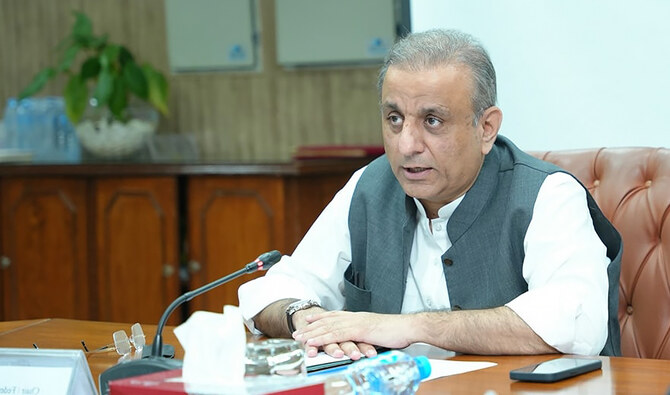Federal Minister for Communications Abdul Aleem Khan has reaffirmed Pakistan’s commitment to expanding regional trade and connectivity through enhanced rail, road, and air links, as he addressed the Shanghai Cooperation Organization (SCO) Ministerial Summit in Tianjin, China.
In his remarks, the minister emphasized Pakistan’s strategic position in facilitating regional commerce and expressed strong interest in building trade corridors via China, Afghanistan, and Iran. According to an official statement released Wednesday, he also underscored Pakistan’s growing role in advancing connectivity across the SCO region.
Abdul Aleem Khan highlighted the progress made under the China-Pakistan Economic Corridor (CPEC), especially in the development of road infrastructure. “Our focus now is to expand trade beyond the borders of Afghanistan and Iran with fully functional international-standard cargo ports in Gwadar and Karachi,” he said.
He further stressed the strategic importance of Khunjerab Pass in the north and Pakistan’s coastal gateways as integral to the country’s trade expansion strategy.
Turning to broader regional initiatives, the minister cited the proposed Uzbekistan–Afghanistan–Pakistan Railway Project as a transformative development and confirmed Pakistan’s support for Silk Road Stations in cooperation with China. He also announced that the Khunjerab–Sust Route would now remain operational year-round from 2023 onward, further enhancing regional connectivity.
The summit brought together ministers from 10 SCO member countries, though India once again chose not to attend. Indian delegate Anand Prakash, who was officially listed, remained absent and his seat was left vacant.
Commenting on this, Abdul Aleem Khan described India’s no-show as “irresponsible behavior” and a missed opportunity for regional engagement. “Pakistan has always advocated for mutual respect and cooperation. As a nuclear power, India must behave responsibly and act like a good neighbour,” he stated.
Delegates from several other member states reportedly expressed surprise and disappointment over India’s absence during the session.
The federal minister also briefed participants on Pakistan’s transport modernization efforts, including the digitalization of its transport systems and the adoption of smart mobility solutions. He noted that Pakistan has launched a visa-on-arrival policy for 126 countries, issuing over 20,000 visas to date under the initiative.
Expressing satisfaction with the conference proceedings, Abdul Aleem Khan reaffirmed Pakistan’s dedication to fully implementing SCO decisions, and stressed that the region’s development depends on mutual trust, coordinated action, and integrated transport networks. As a permanent SCO member since 2017, Pakistan remains committed to strengthening communication infrastructure and deepening collaboration with fellow member states.




